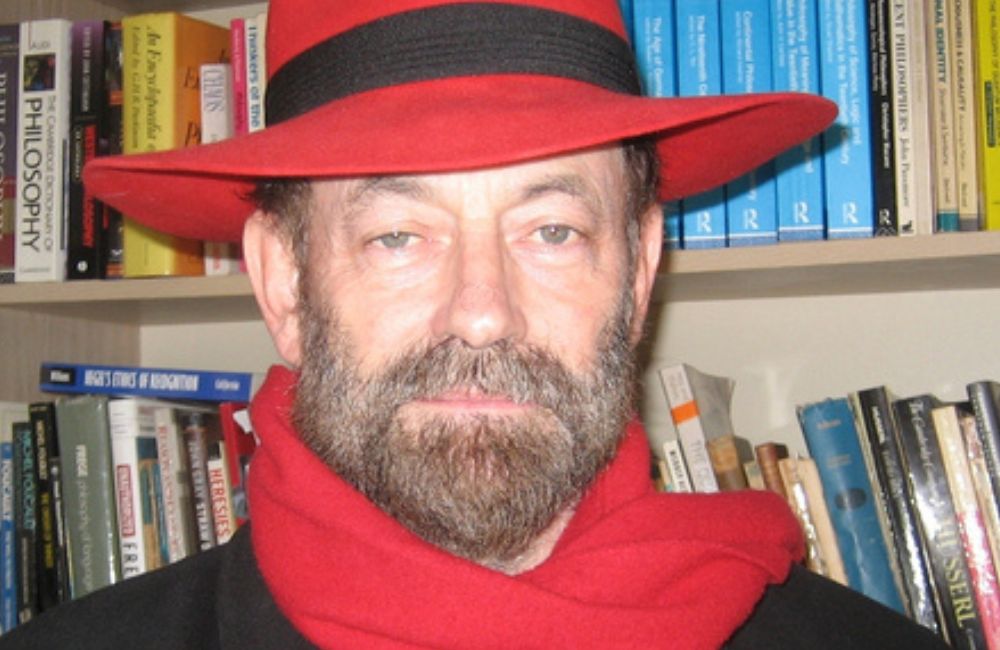In this Virtual BRLSI conversation, Professor Jean van den Elsen, a structural biochemist from the University of Bath’s Department of Biology and Biochemistry, talks about this important science news with the BRLSI’s Prof Stuart Reynolds.
On Thursday 30th November 2020, the London-based Google Artificial Intelligence (AI) offshoot company DeepMind announced that it had solved a long-standing challenge, the Protein Folding problem, in which a protein’s 3D shape is predicted from scratch using only information contained within its amino acid sequence. For more than 50 years, it has been supposed that this would be possible in principle, but until now actually to do it has been merely an aspiration. Even where structure prediction has been achieved, it was only because the actual structures of very similar proteins, available from slow, costly experimental methods, could be used as a framework. But now an AI application called AlphaFold can predict the structures of even proteins that have no relatives with known structures. The program works out and learns the rules of protein folding by comparing a large number of existing structures on an atom-by-atom basis. Once trained, it can be applied to the hundreds of thousands of proteins for which the structure is unknown. This general approach is derived from DeepMind’s previous work on how to play games such as Chess and Go, an arena in which the AI company’s programs now outperform the best human players. The indications are that the program performs outstandingly well and the news has created excitement among protein biologists. The new advance is certain to enable new understanding of the functional biology of proteins as well as faster and more efficient drug discovery and development. Vaccine development, currently in the news, is an obvious beneficiary. But are there any hidden snags or weaknesses in the AI procedure? Will AI also make experimental methods of protein structure determination obsolete?
If you enjoyed this talk, you might like to explore more videos on Science.



